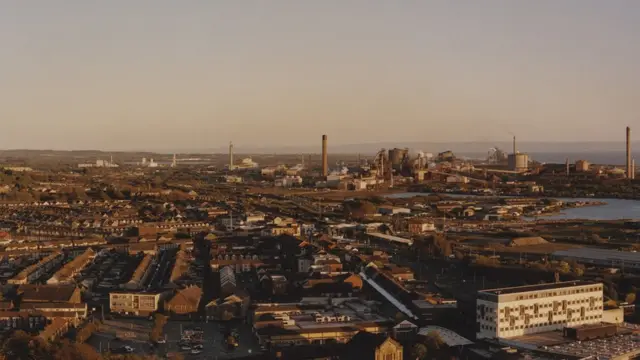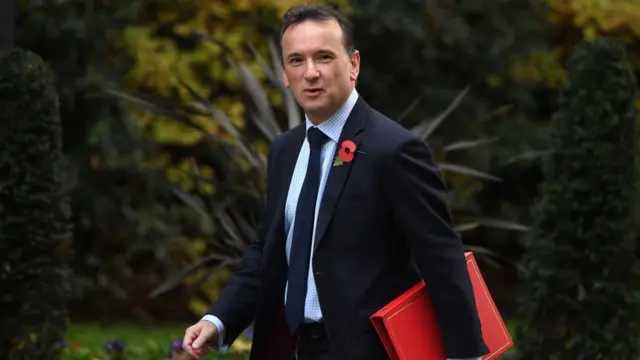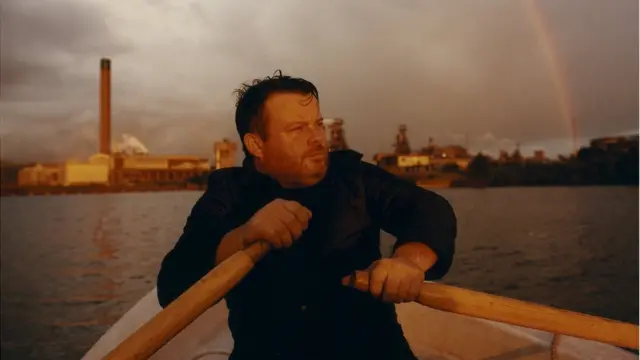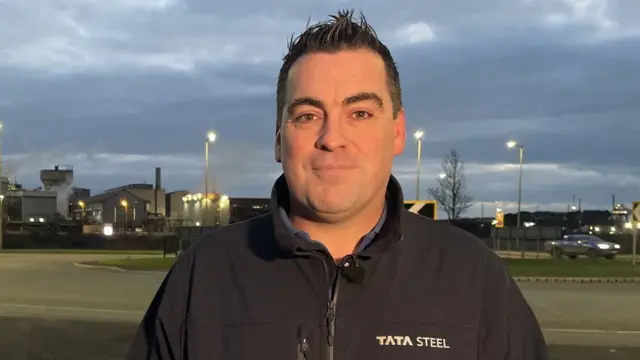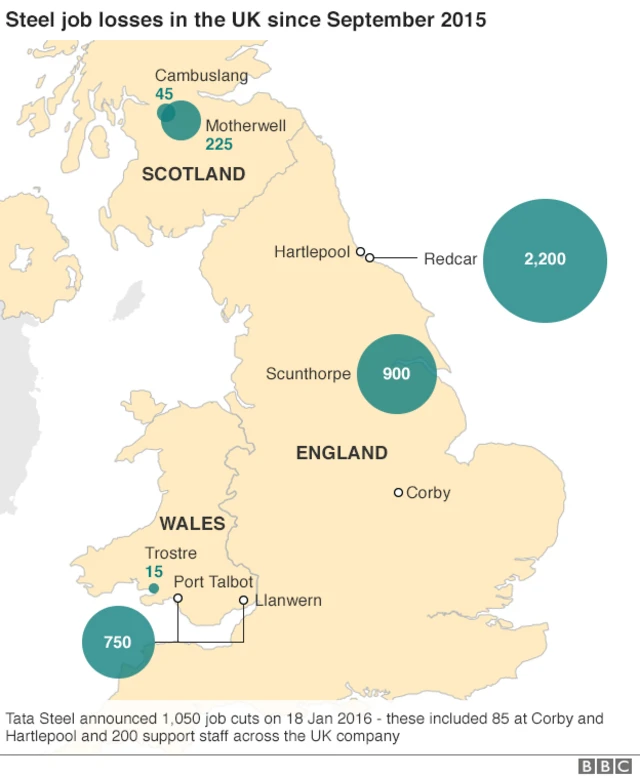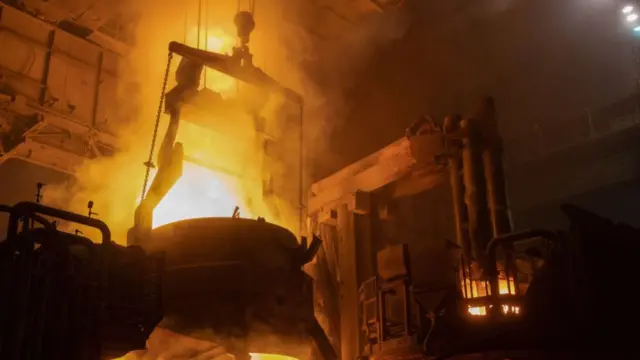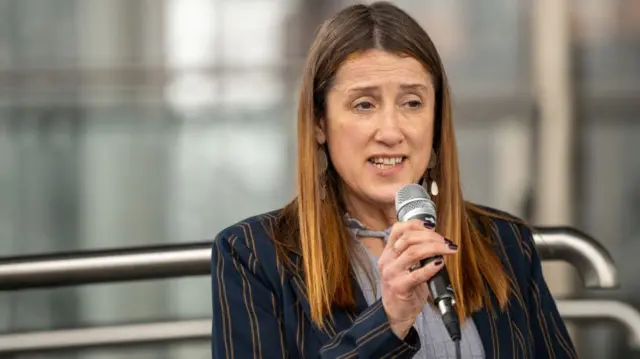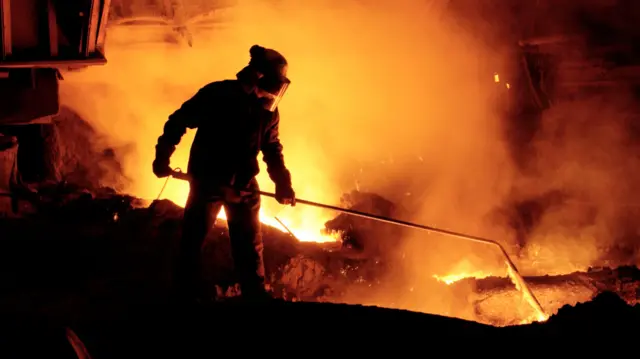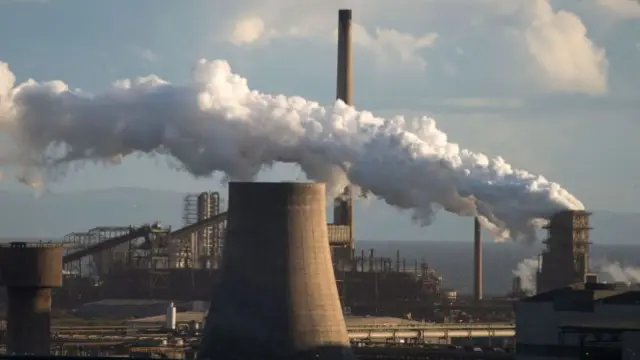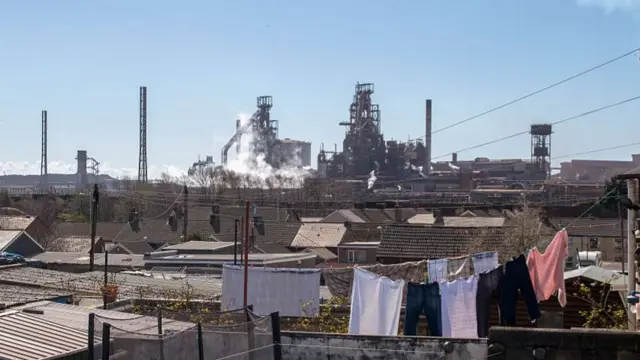Thanks for joining us for the live pagepublished at 19:16 GMT 18 January 2024
We are closing our live page coverage of the story, thank you for being with us.
Here are the main points from the day:
- Tata Steel is to push ahead with plans to close both blast furnaces at its Port Talbot works in south Wales, the BBC understands
- This is expected to lead to the loss of 3,000 jobs, with the majority at the Port Talbot site
- A large proportion of these are expected to be gone by September
- Tata is expected to formally announce the plan at 11:30 GMT tomorrow
- The decision follows a meeting in London between Tata executives and trade unions
